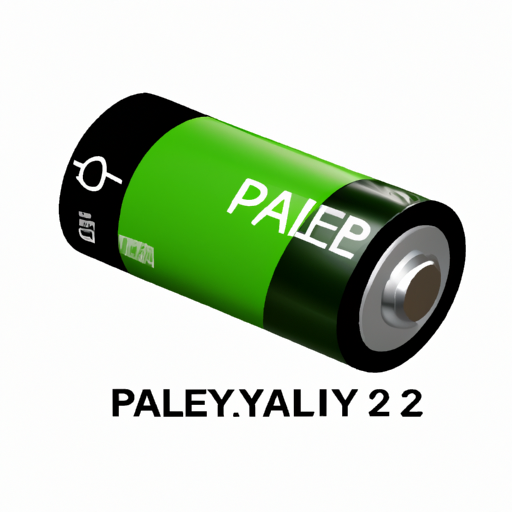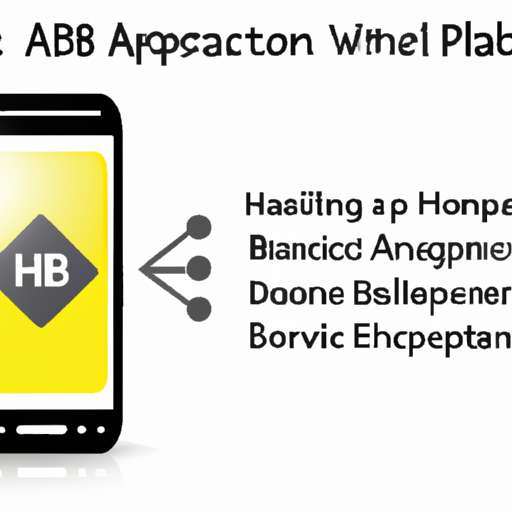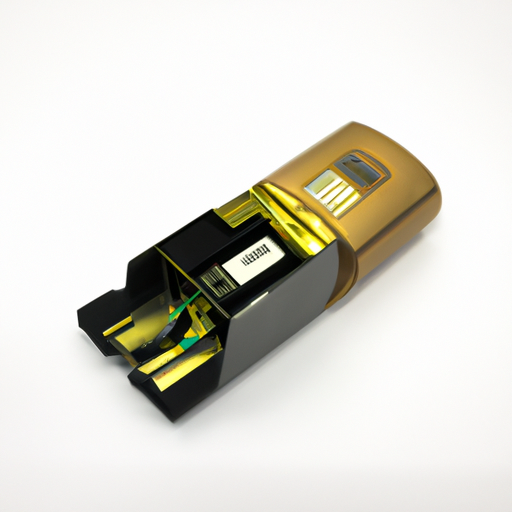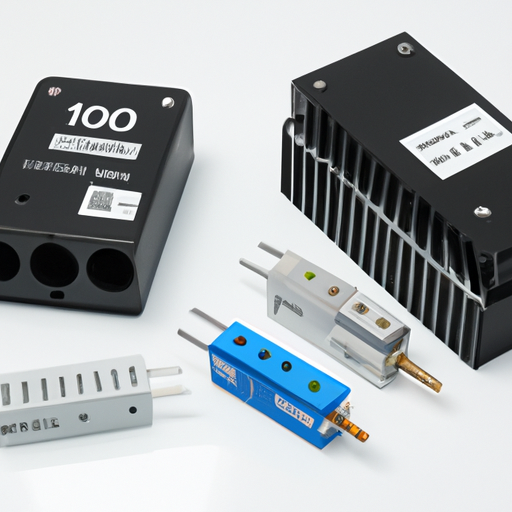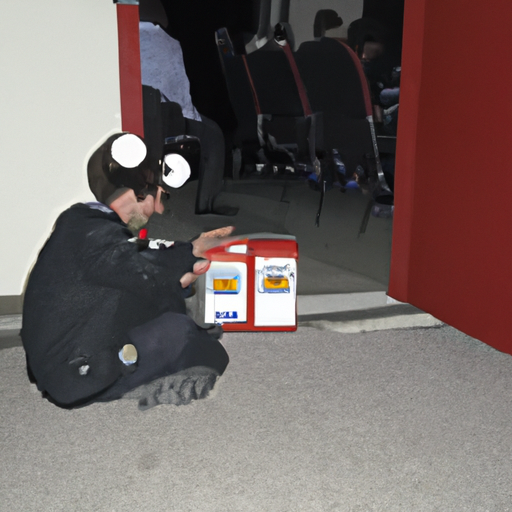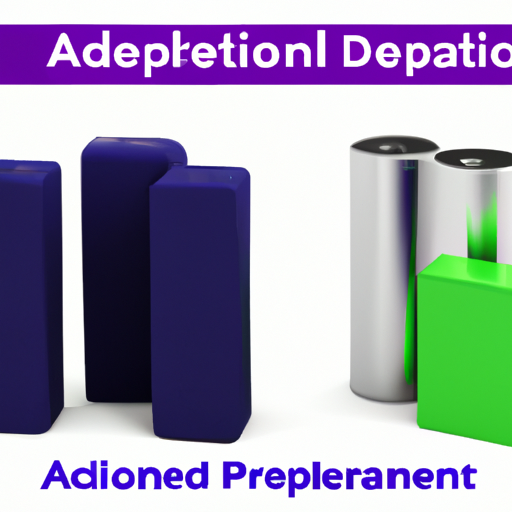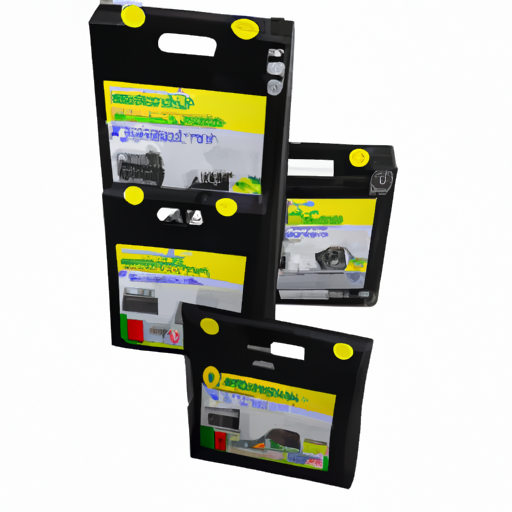Overview of P-11AAHL2X2 Rechargeable Batteries
Rechargeable batteries, particularly those designated as P-11AAHL2X2, represent a specific category of secondary batteries that are integral to a variety of modern applications. These batteries are likely a variant of AA-sized lithium-ion or nickel-metal hydride (NiMH) batteries, which are known for their versatility and efficiency. Below, we delve into the core functional technologies, relevant articles, and application development cases that highlight the significance of rechargeable batteries in contemporary technology.
Core Functional Technologies
| 1. Lithium-Ion Technology | |
| 2. Nickel-Metal Hydride (NiMH) | |
| 3. Solid-State Batteries | |
| 4. Fast Charging Technologies | |
| 5. Battery Management Systems (BMS) | |
| 1. "Advancements in Lithium-Ion Battery Technology" | |
| 2. "The Future of Solid-State Batteries" | |
| 3. "Battery Management Systems: Ensuring Safety and Efficiency" | |
| 4. "Fast Charging: The Next Frontier in Battery Technology" | |
| 1. Electric Vehicles (EVs) | |
| 2. Consumer Electronics | |
| 3. Renewable Energy Storage | |
| 4. Medical Devices | |
| 5. Smart Grids |
Articles and Research
Application Development Cases
Conclusion
Rechargeable batteries, including the P-11AAHL2X2 variant, are pivotal in driving technological advancements across various sectors. With ongoing innovations in battery chemistry, management systems, and applications, the future of energy storage looks promising. As the demand for sustainable energy solutions continues to rise, the development of more efficient, safer, and longer-lasting batteries will be crucial in shaping the landscape of energy consumption and storage. The P-11AAHL2X2 batteries exemplify the evolution of rechargeable battery technology, underscoring their importance in modern applications.

